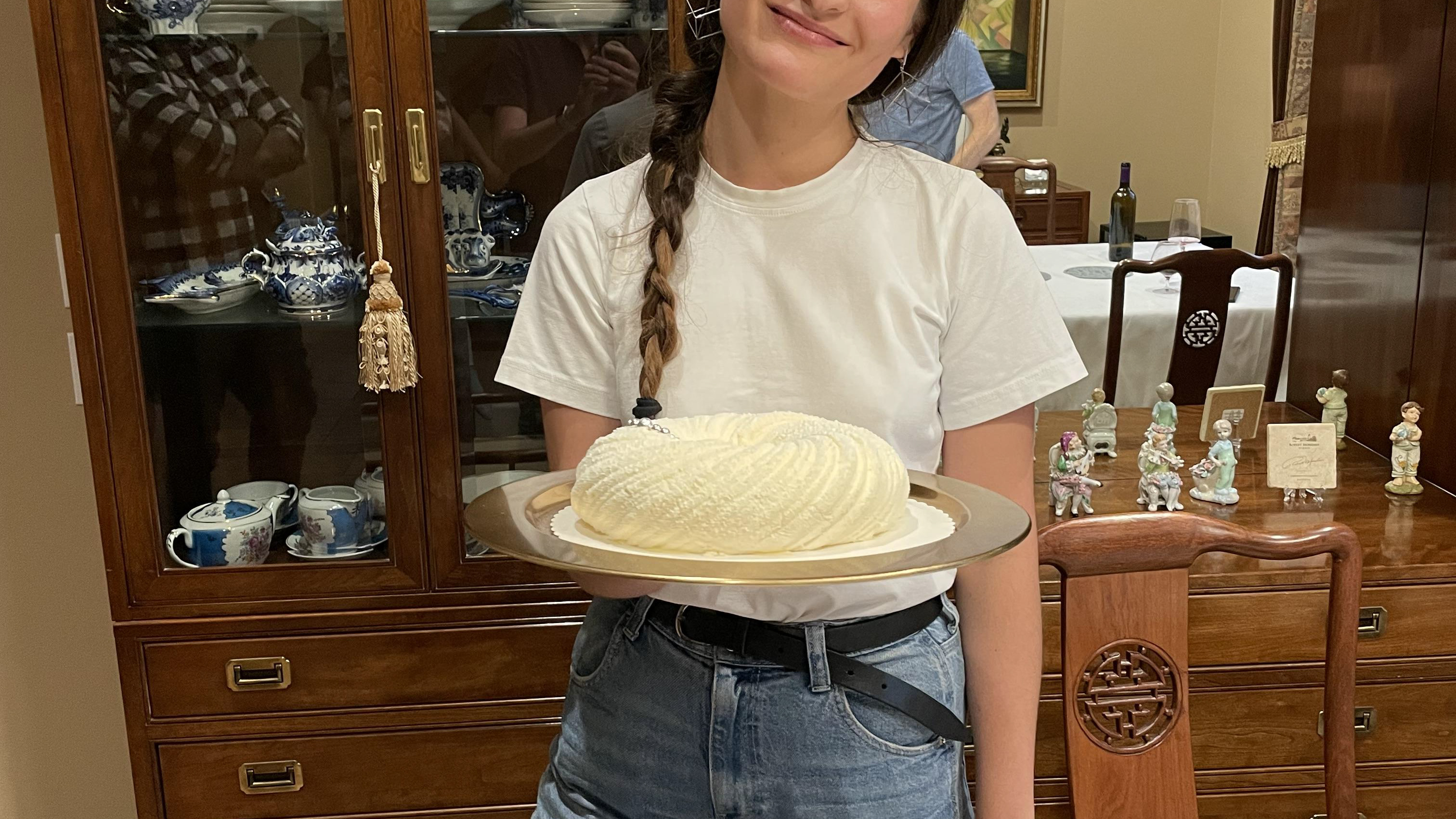In the comfort of our homes, amidst the affection and companionship, a disturbing reality often goes unnoticed: our pets may be the modern-day slaves. This notion may initially seem extreme or even offensive to some, but a closer examination reveals unsettling parallels between the lives of pets and the historical plight of slaves.
Firstly, consider the fundamental aspect of freedom. Pets, despite the love and care we shower upon them, live their entire lives within the confines set by their owners. Dogs, cats, birds, and other pets rarely have the opportunity to roam freely, explore their natural habitats, or engage in behaviors innate to their species. Their movements, diets, breeding, and even social interactions are meticulously controlled by humans. This restriction on freedom mirrors the way slaves were confined to plantations or households, unable to exercise their autonomy.
Moreover, the practice of breeding pets to suit human preferences raises ethical questions. Many pets are selectively bred for specific traits, often at the expense of their health and well-being. Bulldogs, for example, suffer from respiratory issues due to their flat faces, while certain dog breeds are prone to hip dysplasia and other genetic conditions. This commodification and manipulation of life for aesthetic or utilitarian purposes bear a stark resemblance to how slaves were bred for labor.
The psychological impact on pets is another concern. While many pets form strong bonds with their owners and seem content, others display signs of stress, anxiety, and depression. Birds pluck out their feathers, dogs exhibit destructive behaviors, and cats over-groom themselves. These actions are often responses to an unnatural environment and lack of stimulation. Similarly, slaves endured immense psychological trauma from their oppressive conditions, which often manifested in behavioral disturbances.
Additionally, the notion of ownership itself is problematic. Owning a living being implies a hierarchy where one party has complete control over the other. This dynamic is inherently unequal and can lead to neglect or abuse, whether intentional or unintentional. Although the majority of pet owners genuinely care for their animals, there are countless cases of neglect, abandonment, and mistreatment. This parallels the historical treatment of slaves, who were often at the mercy of their owners’ whims.
Critics might argue that pets are loved and cherished members of the family, not slaves. However, the love and affection do not negate the power imbalance and lack of autonomy. The concept of benevolent ownership does not change the fact that pets do not have the freedom to make choices about their lives. Slaves, too, were sometimes treated kindly by their masters, but this did not change their fundamental lack of freedom.
While our intentions may be rooted in love and companionship, it is crucial to reflect on the autonomy, welfare, and freedom of the beings we choose to domesticate. Reexamining these relationships can lead us towards more humane and respectful ways of coexisting with the animals that share our lives.
Many will disagree today. But 200 years ago people also disagreed that slavery was unethical. For a while, homosexuals were considered mentally ill but today we accept them as normal. Racism was acceptable just recently but now our society knows better.
In 100 years, people will look at today’s pet ownership as slavery and blame today’s people for being inhumane, just like with criticize slave owners of 200 years ago.









